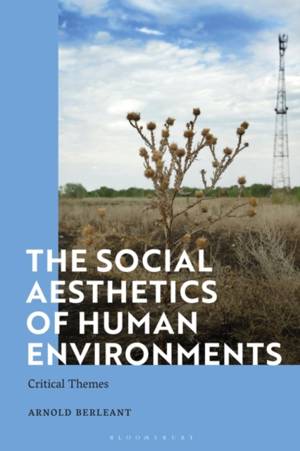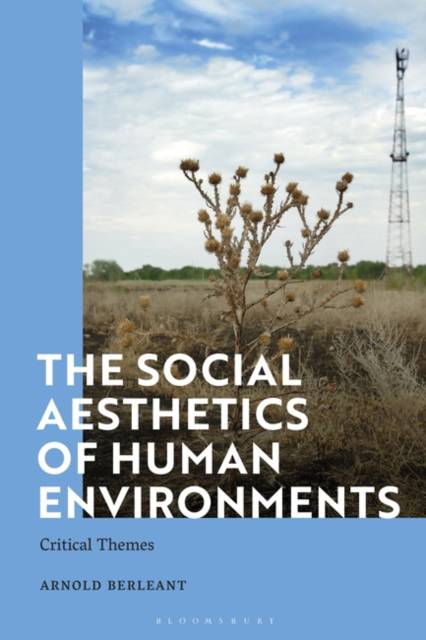
- Afhalen na 1 uur in een winkel met voorraad
- Gratis thuislevering in België vanaf € 30
- Ruim aanbod met 7 miljoen producten
- Afhalen na 1 uur in een winkel met voorraad
- Gratis thuislevering in België vanaf € 30
- Ruim aanbod met 7 miljoen producten
Zoeken
€ 203,95
+ 407 punten
Omschrijving
Across these essays Arnold Berleant demonstrates how aesthetic values and theory can be used to reappraise our social practices. He tackles issues within the built environment, everyday life, and politics, breaking down the dichotomy between the natural and the human. His work represents a fresh approach to traditional philosophical questions in not only ethics, but in metaphysics, truth, meaning, psychology, phenomenology, and social and moral philosophy.
Topics covered include the cultural aesthetics of environment, ecological aesthetics, the aesthetics of terrorism, and the subversion of beauty. The corruption of taste by the forces of commercial interests as well as how aesthetics can advance our understanding of violence are also considered. Berleant's exploration is supported by his analysis of 19th-century art to the present day, starting with impressionism through to postmodernism and contemporary artistic interventions. By critically examining the field in this way and casting new light on social understanding and practice, this collection makes a substantive contribution in identifying and clarifying central human issues, guided by an understanding of aesthetic engagement as a powerful tool for social critique.Specificaties
Betrokkenen
- Auteur(s):
- Uitgeverij:
Inhoud
- Aantal bladzijden:
- 216
- Taal:
- Engels
Eigenschappen
- Productcode (EAN):
- 9781350349322
- Verschijningsdatum:
- 21/09/2023
- Uitvoering:
- Hardcover
- Formaat:
- Genaaid
- Afmetingen:
- 156 mm x 234 mm
- Gewicht:
- 480 g

Alleen bij Standaard Boekhandel
+ 407 punten op je klantenkaart van Standaard Boekhandel
Beoordelingen
We publiceren alleen reviews die voldoen aan de voorwaarden voor reviews. Bekijk onze voorwaarden voor reviews.








